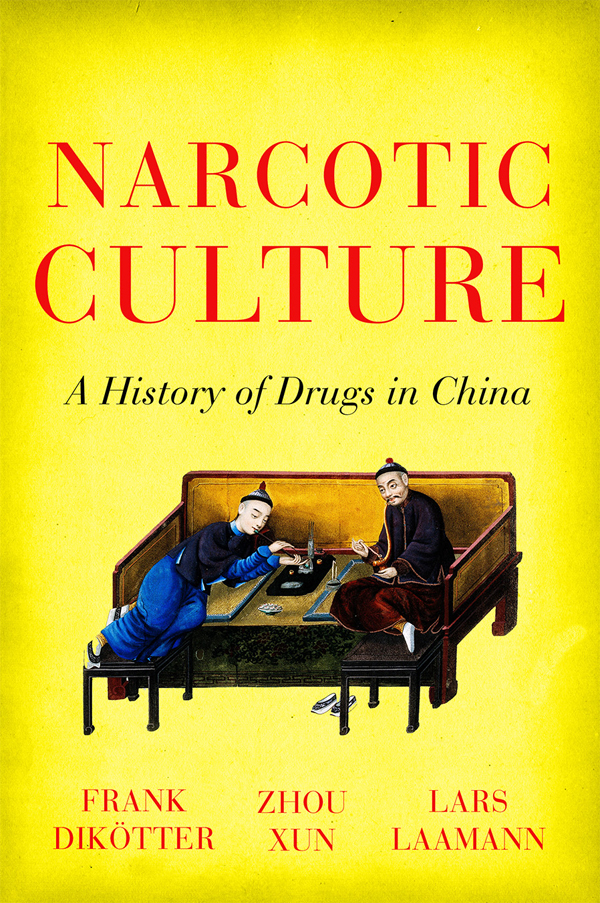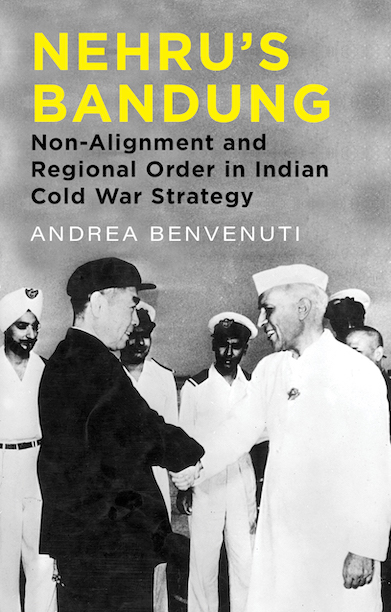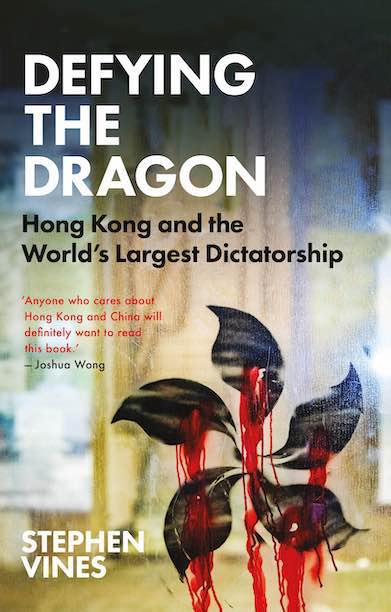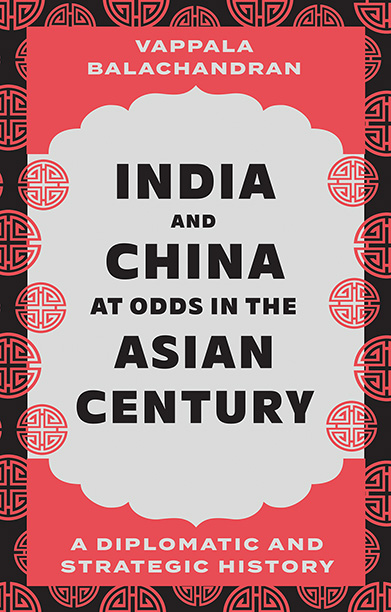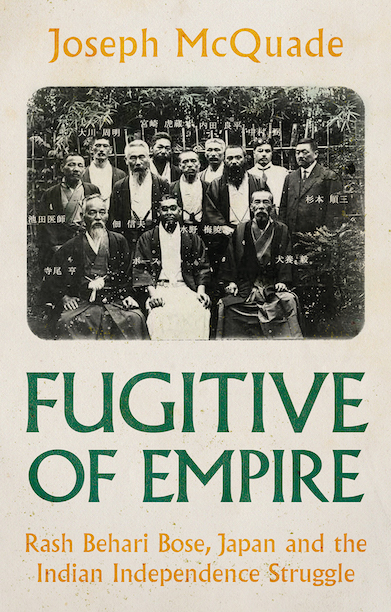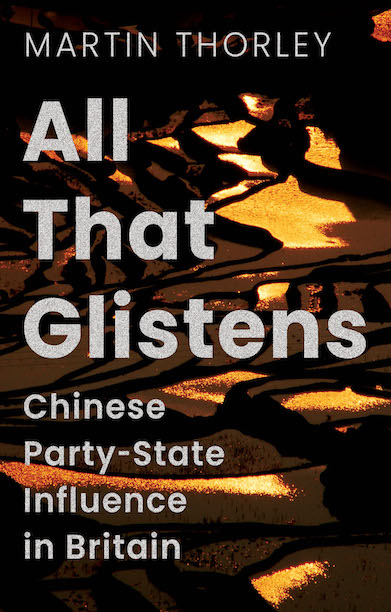Narcotic Culture
A History of Drugs in China
NEW PAPERBACK EDITION
Explains how as a result of British efforts to eradicate opium, the Chinese turned from the relatively benign use of that drug to heroin, morphine, cocaine, and countless other psychoactive substances.
Description
To this day, the perception persists that China was a civilisation defeated by imperialist Britain’s most desirable trade commodity, opium—a drug that turned the Chinese into cadaverous addicts in the iron grip of dependence. But, as this new edition of Narcotic Culture brilliantly shows, the real scandal in Chinese history was not the expansion of the drug trade by Britain in the early nineteenth century, but rather the failure of the British to grasp the consequences of prohibition.
They reveal that opium actually had few harmful effects on either health or longevity; in fact, it was prepared and appreciated in highly complex rituals with inbuilt constraints preventing excessive use. Opium was even used as a medicinal panacea in China before the availability of aspirin and penicillin. But as a result of the British effort to eradicate opium, the Chinese turned from the relatively benign use of that drug to heroin, morphine, cocaine, and countless other psychoactive substances. The transition from a tolerated opium culture to a system of prohibition produced a ‘cure’ that was far worse than the disease.
Delving into a history of drugs and their abuses, Narcotic Culture is part revisionist history of imperial and twentieth-century Britain and part sobering portrait of the dangers of prohibition.
Reviews
‘[An] informative, scholarly and dispassionately fascinating book. … Narcotic Culture explodes various myths surrounding the use of opium in nineteenth and early twentieth century China.’ — Justin Wintle, The Independent
‘Narcotic Culture, then, is a ground-breaking, and indeed astonishing, book. It may not represent a final analysis, but there is more than enough within its pages to support the author’s belief, expressed elsewhere, that the best way to win the modern “war on drugs” may well be to stop fighting it forthwith.’ — Taipei Times
Author(s)
Frank Dikötter is Chair Professor of Humanities at the University of Hong Kong. Before moving to Asia in 2006, he was Professor of the Modern History of China at the School of Oriental and African Studies, University of London. He has published nine books about the history of China, including two international bestsellers, Mao's Great Famine, which won the BBC Samuel Johnson Prize for Non-fiction in 2011, and The Tragedy of Liberation: A History of the Chinese Revolution, 1945-1957.
